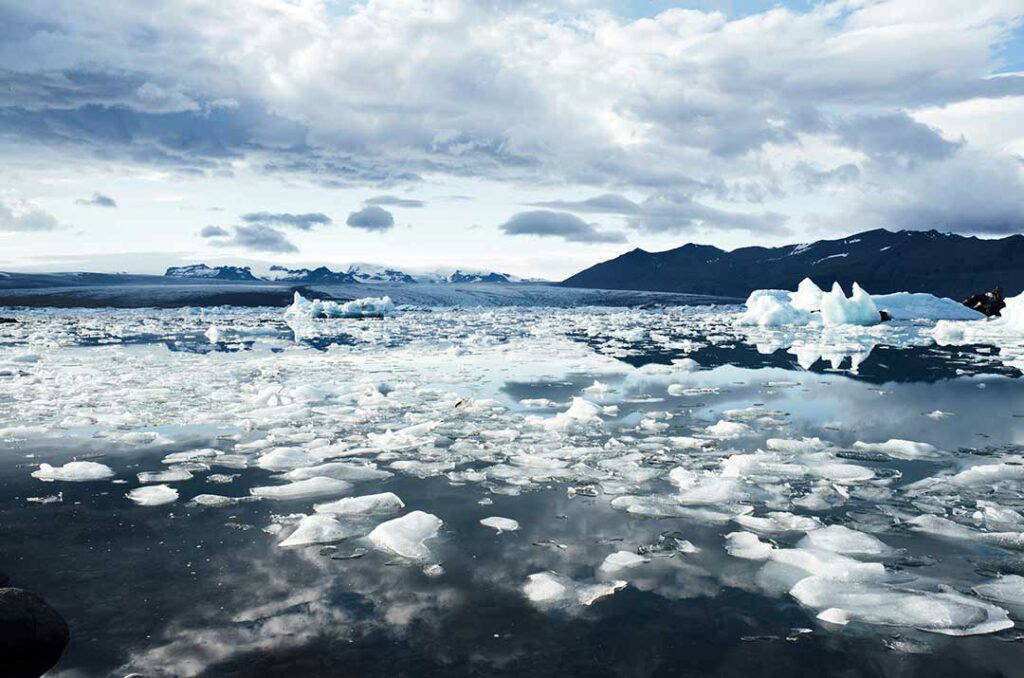Uk cold limited Design and build bespoke coldrooms exclusive for our trade partner. We work with you, or as you, for duration of your project and its warranty.

Over the past 50 years, the west coast of the Antarctic Peninsula has been one of the most rapidly warming parts of the planet. This warming is not only restricted to the land but can also be noted in the Southern Ocean. Upper ocean temperatures to the west of the Antarctic Peninsula have increased over 1°C since 1955. It has now been established that the Antarctic Circumpolar Current is warming more rapidly than the global ocean as a whole. Studying climate change in Antarctica is important because it enables scientists to predict more accurately future climate change and provide information to politicians and policy makers. The warming of the Antarctic Peninsula is causing changes to the physical and living environment of Antarctica. The distribution of penguin colonies has changed as the sea ice conditions alter. Melting of perennial snow and ice covers has resulted in increased colonisation by plants. A long-term decline in the abundance of Antarctic krill in the SW Atlantic sector of the Southern Ocean may be associated with reduced sea ice cover. Large changes have occurred in the ice cover of the Peninsula. Many glaciers have retreated and ice shelves that formerly fringed the Peninsula have been observed to retreat in recent years and some have collapsed completely.
Cold Facts
What are the impacts of climate change on Antarctica?
Impacts on ice
Ice shelves are the floating extensions of a grounded ice sheet. One of the largest ice shelves, the Ronne-Filchner covers an area slightly smaller than Spain. Each summer, a significant amount of meltwater is produced which can only be tolerated so long before the ice shelf will weaken and retreat. ice shelf.
Impacts on sea level
Although Antarctica is many thousands of miles away from most of us, the impacts of climate change are not only confined to the shores of the icy continent. Scientists fear that water that is currently stored in ice on land (including ice sheets but not ice shelves) may melt and contribute to sea level rise. Satellite measurements since the early 1990s indicate that sea level is rising at a rate of 3mm per year and indeed sea level has been rising over the last century. However, the Intergovernmental Panel on Climate Change (IPCC) are not able to confirm confidently at present what contribution the melting of ice sheets will have on sea level over the coming centuries. There is a possibility that sea level rise could be higher than the IPPC estimates suggest.
Office: 0333 0904499
Email: info@ukcold.co.uk
Address:
Unit 2, Enterprise Centre, Basingstoke. RG22 8NQ